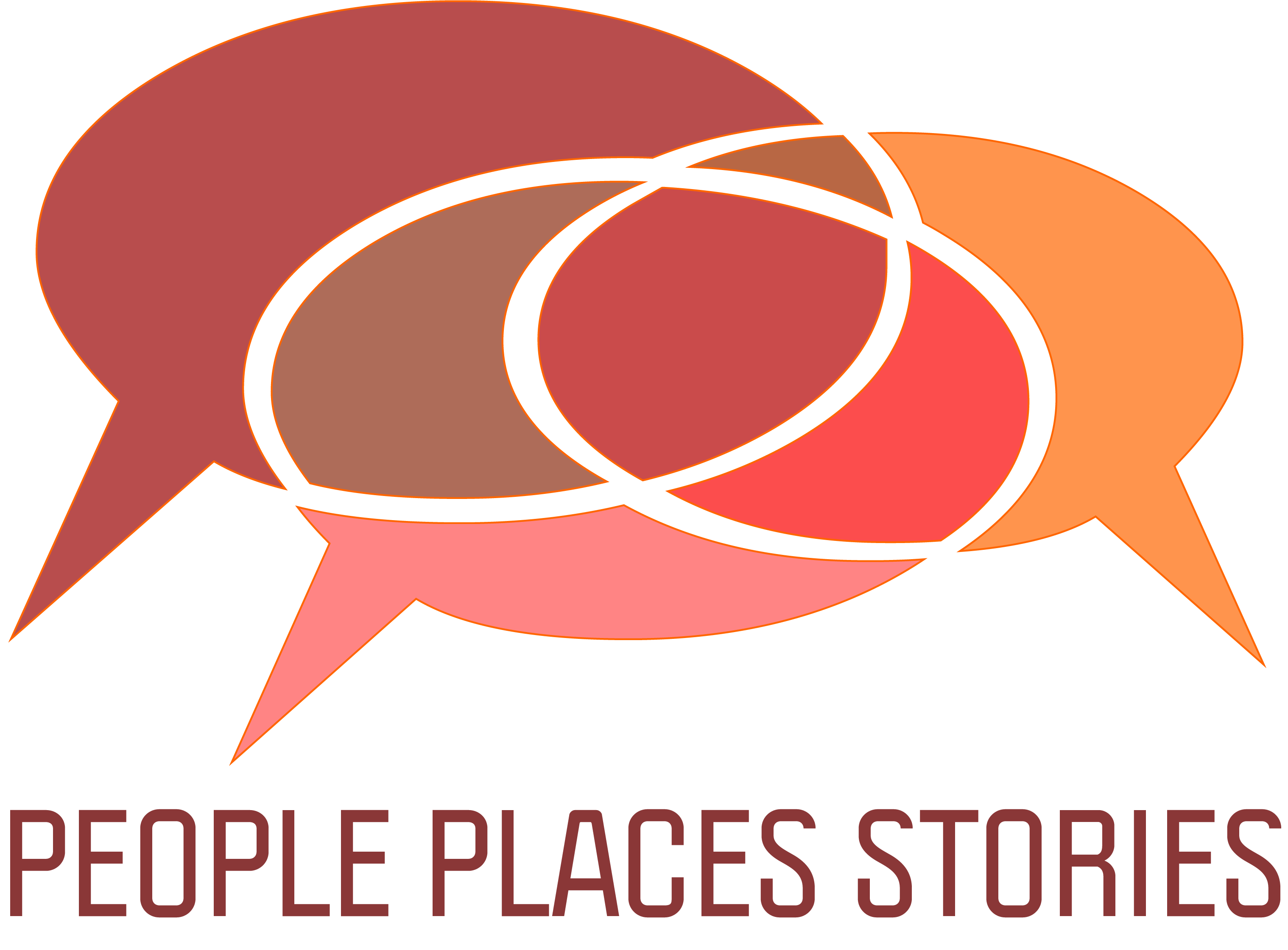Background
In 2018, the “European Year of Cultural Heritage” established societal, cross-sectoral cooperation across Europe to increase awareness of the crucial role of culture and heritage for social inclusion and European cohesion. Cultural heritage is very broadly defined and includes cultural, natural, tangible and intangible heritage. The main objectives are set out in the so-called Action Plan of the FARO Convention:
- the strengthening of the sense of belonging to a common European social and cultural space
- the integration of cultural heritage into social, ecological and economic processes
- the development of cultural heritage as a rich and meaningful interdisciplinary learning environment.
These goals can best be implemented and achieved by local groups and initiatives directly in their environment; the heritage communities. Heritage communities are self-organised, self-managed groups of individuals interested in progressive social transformation of relationships between people, places and histories. They are the ideal context for developing key competencies such as cultural awareness, citizenship skills and the ability to learn.
This is also where the new Erasmus+ funded project People, Places, Stories comes in. It develops tools and methods to support capacity building in heritage communities as socio-cultural spaces for creativity, learning, participation and inclusion. The project relies on competence-based training, blended learning and validation of non-formal learning.
People, Places, Stories is targeted at heritage professionals, community mediators, participatory planning facilitators, adult educators, policy makers, citizens and groups. They will be provided with methods to build and expand communities on the ground that are committed to a unifying interpretation and treatment of cultural heritage – in line with the FARO Action Plan.

faro
The Council of Europe Convention on the Value of Cultural Heritage for Society (Faro, 2005) focuses on the role of cultural heritage in society. Its principles are taken on board in the European Commission’s “Cultural Heritage Strategy for the 21st Century”. Faro works along 4 themes: European identity, social sustainability, regional development, and learning. Cultural heritage is put forward as a vehicle for addressing social challenges and as an ideal ground for sustainable social development. In this view cultural heritage relates to tangible and intangible assets and present habits, customs and traditions which people value and pick up as part of their (common) identity. As such Faro also refers to the right of everyone to engage with the cultural heritage of his choice: the right to participate in cultural life.

Heritage Communities
The Faro approach to cultural heritage crystallizes in one of the key concepts of the Convention: heritage communities. A heritage community consists of (a group of) people who value specific aspects of cultural heritage which they wish to sustain and transmit to future generations. The concept places an active responsibility in the group for heritage identification, value making processes and engagement in a common cultural good.
